
It’s important to make our home a safe environment to live in. Accidents inside the home are one of the leading causes of injury worldwide. There are common safety hazards in every home, but as long as we take proper measures to address them, they should not pose much of a concern to the occupants.
Some people pay a lot of attention to achieve maximum safety at home. Many, however, do not have the proper awareness on how to keep their home safe. We can determine how safe your dwelling is based on whether you can answer the questions on this quiz correctly. If you would like to find out how safe or dangerous your home is then be sure to take this quiz. You'll need to answer the questions as honestly as possible, however, in order to get the most accurate answer. Perhaps you'll even learn a few things that will help keep you and your loved ones out of harm's way.
Enjoy Quizly? Upgrade to Premium for an ad-free experience and exclusive features.
Get PremiumIf You Can Pass This Home Safety Quiz, Then Your Home Is Super Safe Questions
Where should fire extinguishers be placed in the home?
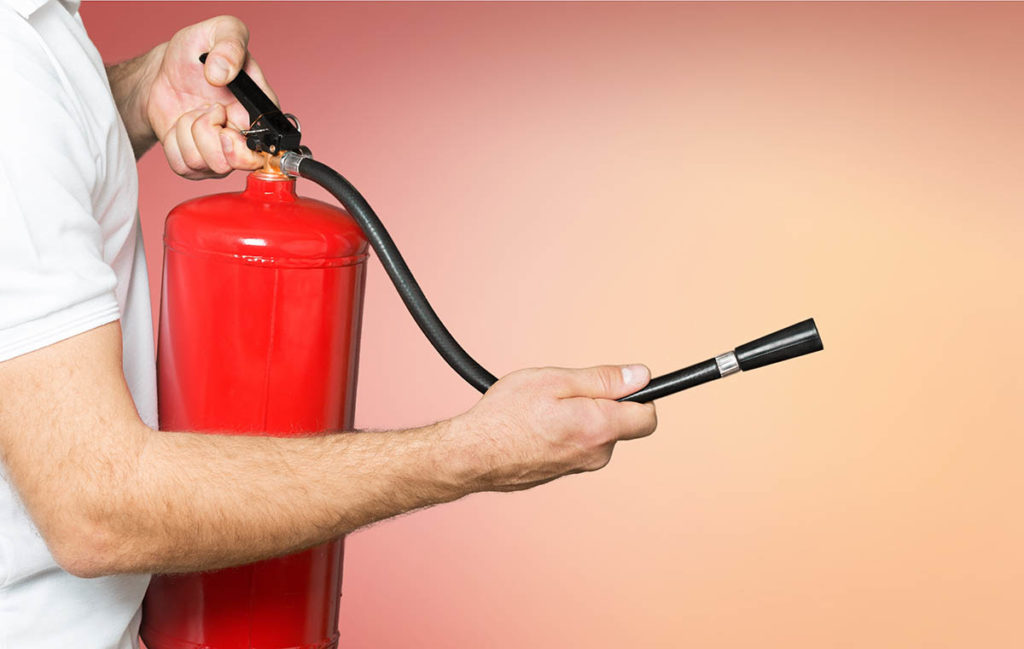
In the garage
In every kitchen and one on every floor
In a closet
In the bathroom
What is the best way to prevent sickness from carbon monoxide poisoning?
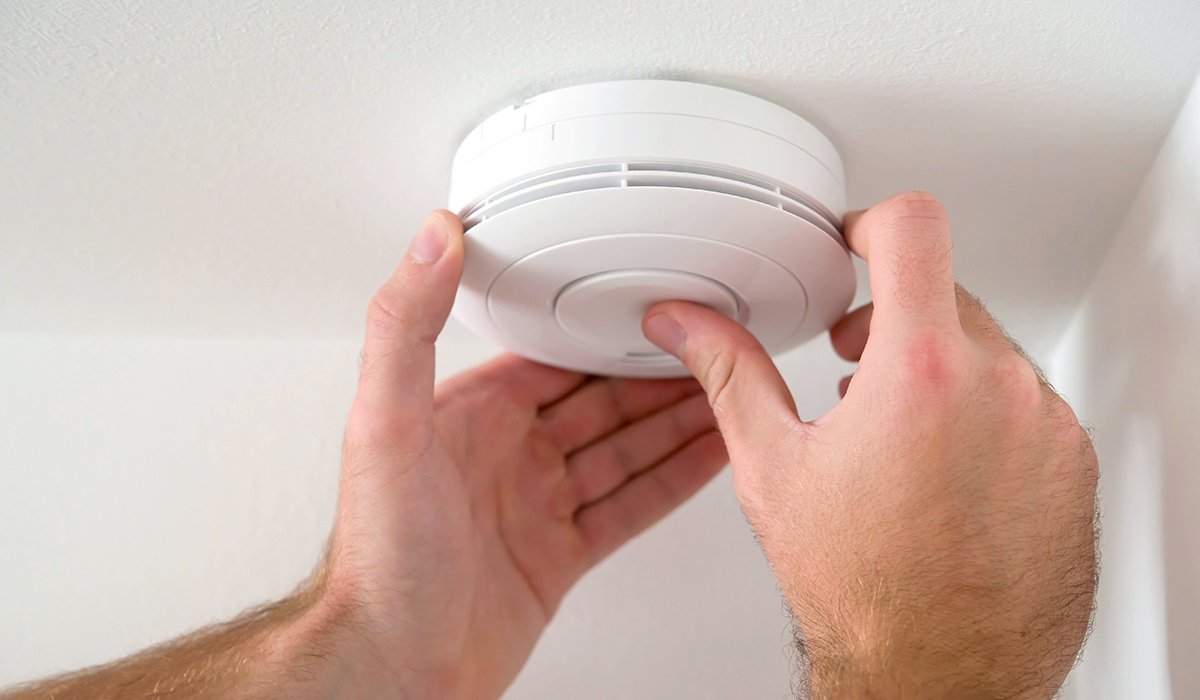
Ensure you have a properly working carbon monoxide detector
Counter carbon monoxide by releasing large amounts of methane
Leave a window open and try not to breathe much
Notice if you smell carbon monoxide
Where should prescription medications be stored?
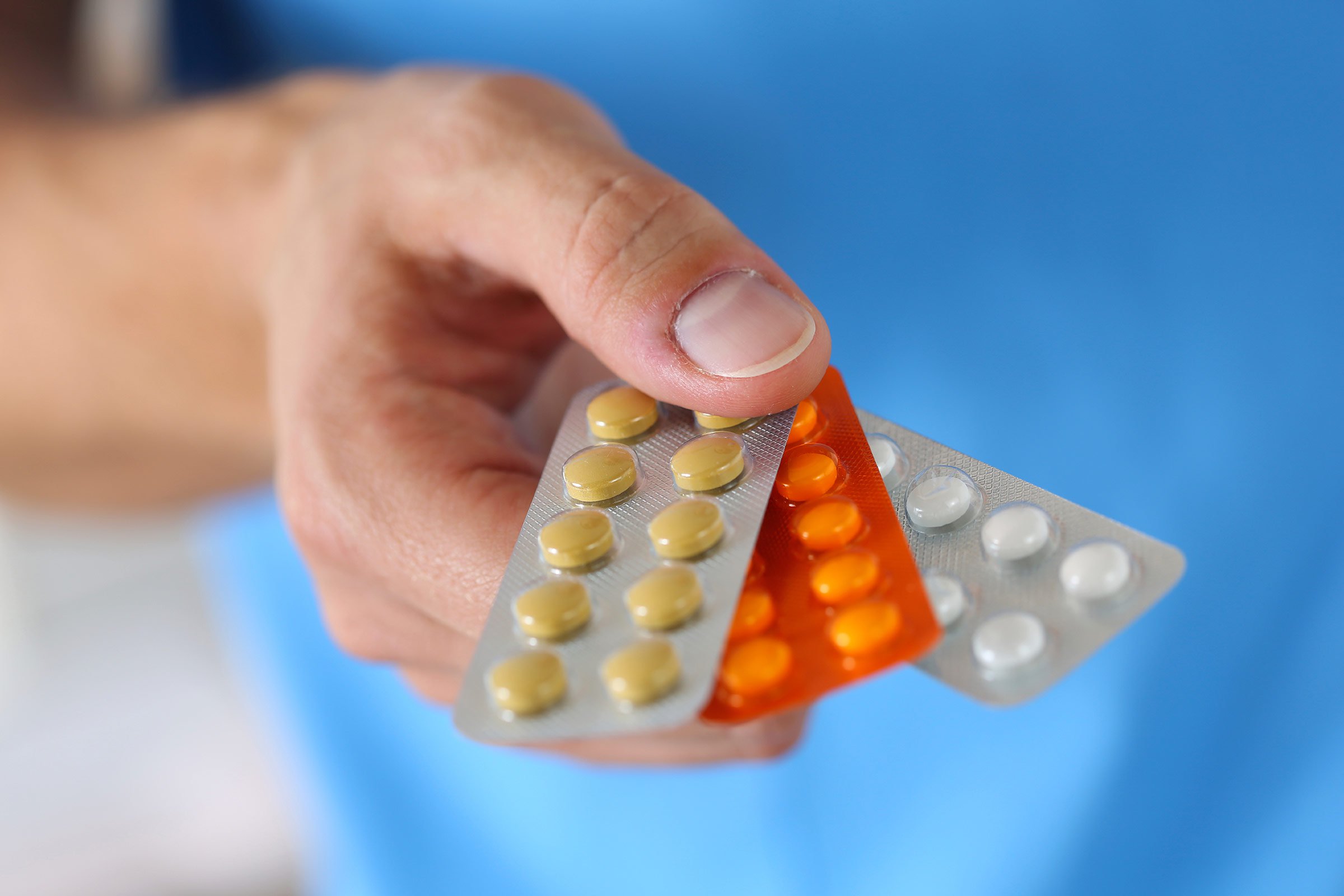
On the bathroom counter
In the kitchen next to cookies and other foods
On the night stand
In a cabinet out of the reach of children
In what direction should the handles of pots and pans on the stove be facing?
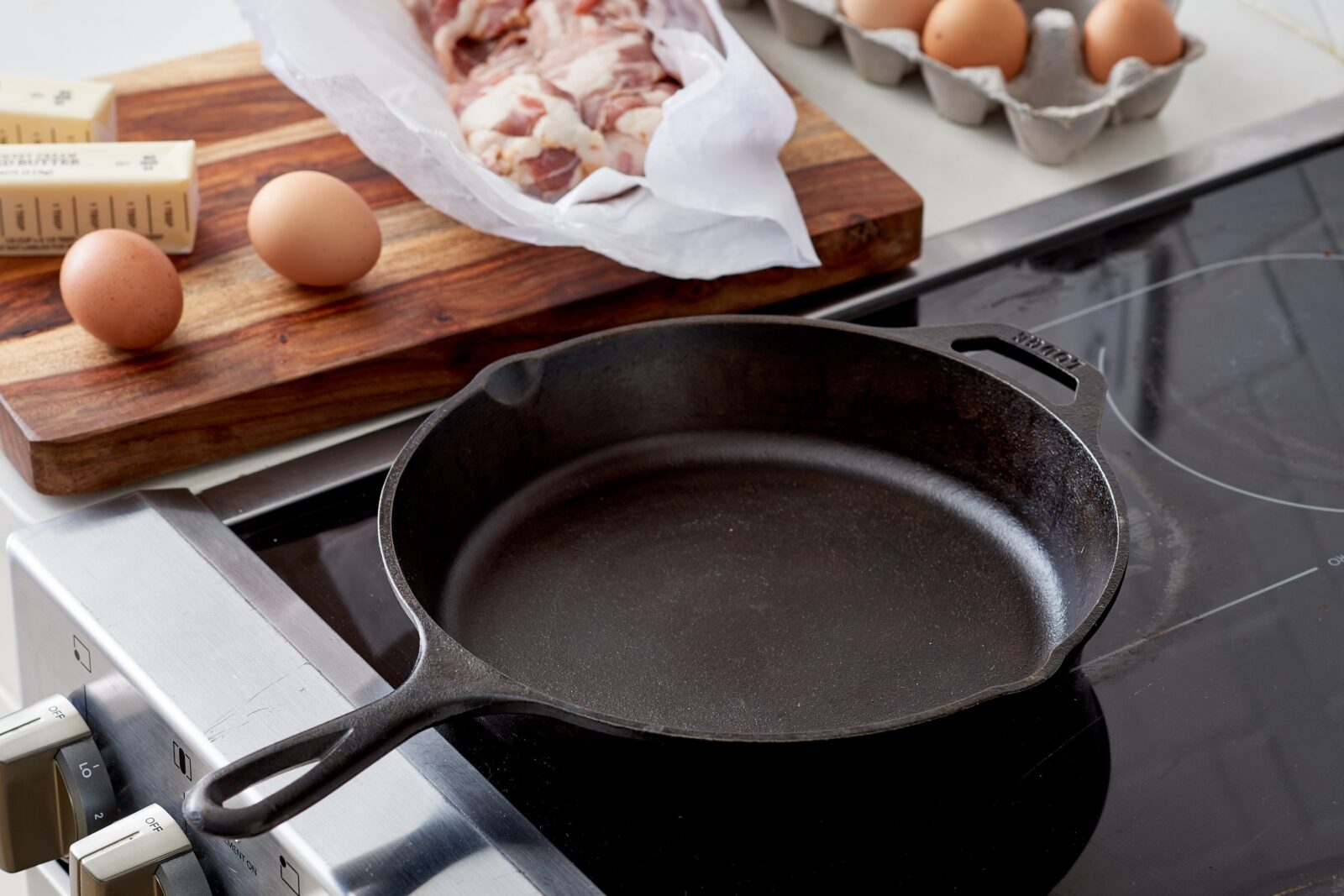
Pointed away from the stove for easier access
It doesn't matter
In whatever way is most convenient for you
Pointed towards the center or back of the stove.
What should you and your family have prepared in case of a fire?
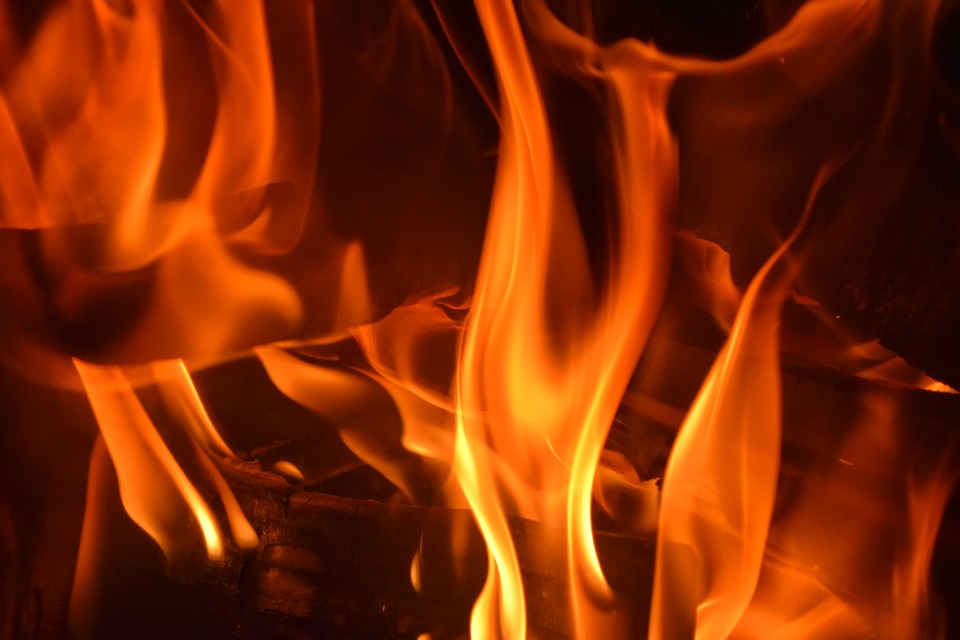
Marshmallows
A bucket of water
Your own personal fireman
An escape plan
Who should you call in the event that someone at home has ingested harmful chemicals from cleaning products?
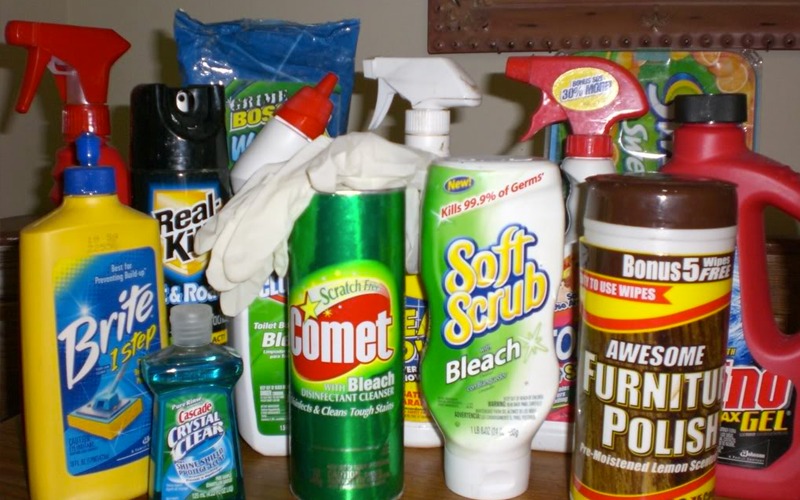
A family friend to come help
The manufacturer of the cleaning product
Poison control
Your local politician
What area of the home can be extremely dangerous if items are left laying around on it?
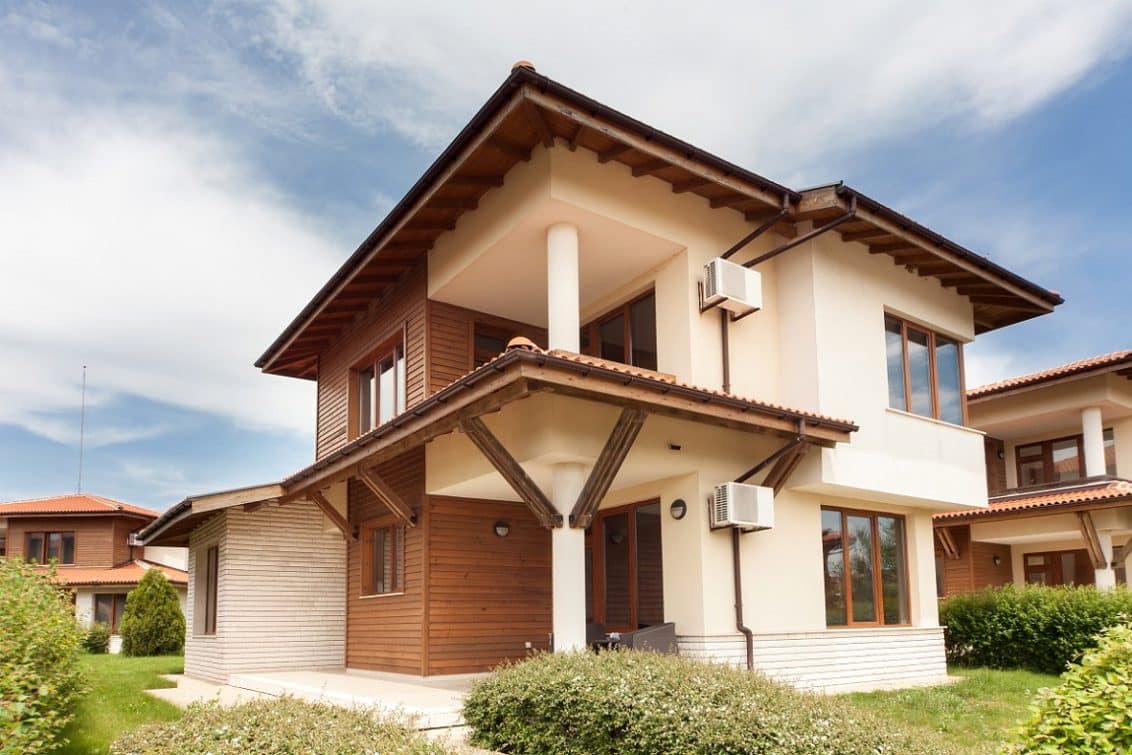
Outside the front door
Living room floor
Bedroom floor
Staircases
What can be placed in your bathtub to prevent slips and falls?
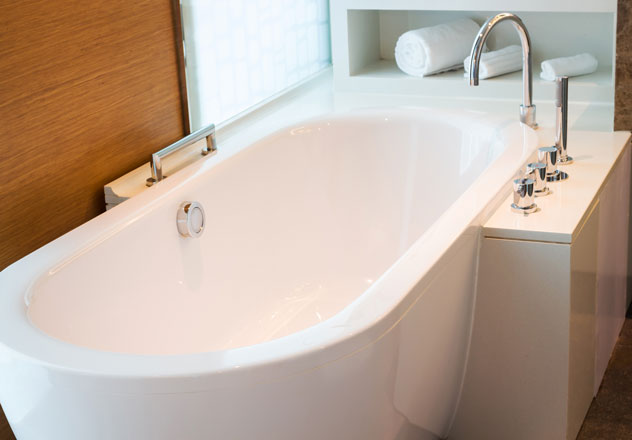
A non-slip mat
Cushions
A lifeguard
A sign that says "Careful, don't slip"
What should you make sure to do with any tall book shelves?
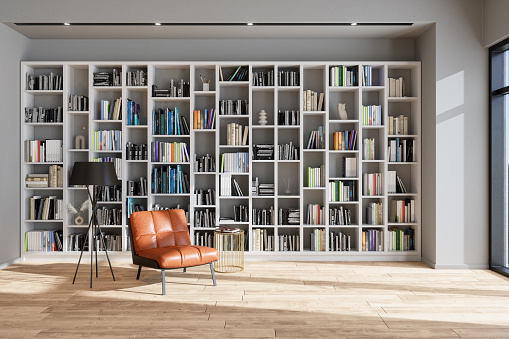
All the screws are screwed in tightly
Read every book on display
Make sure the shelves were assembled correctly
Make sure they are fastened to the wall
It is important to ensure that all staircases in the home are _____ ?
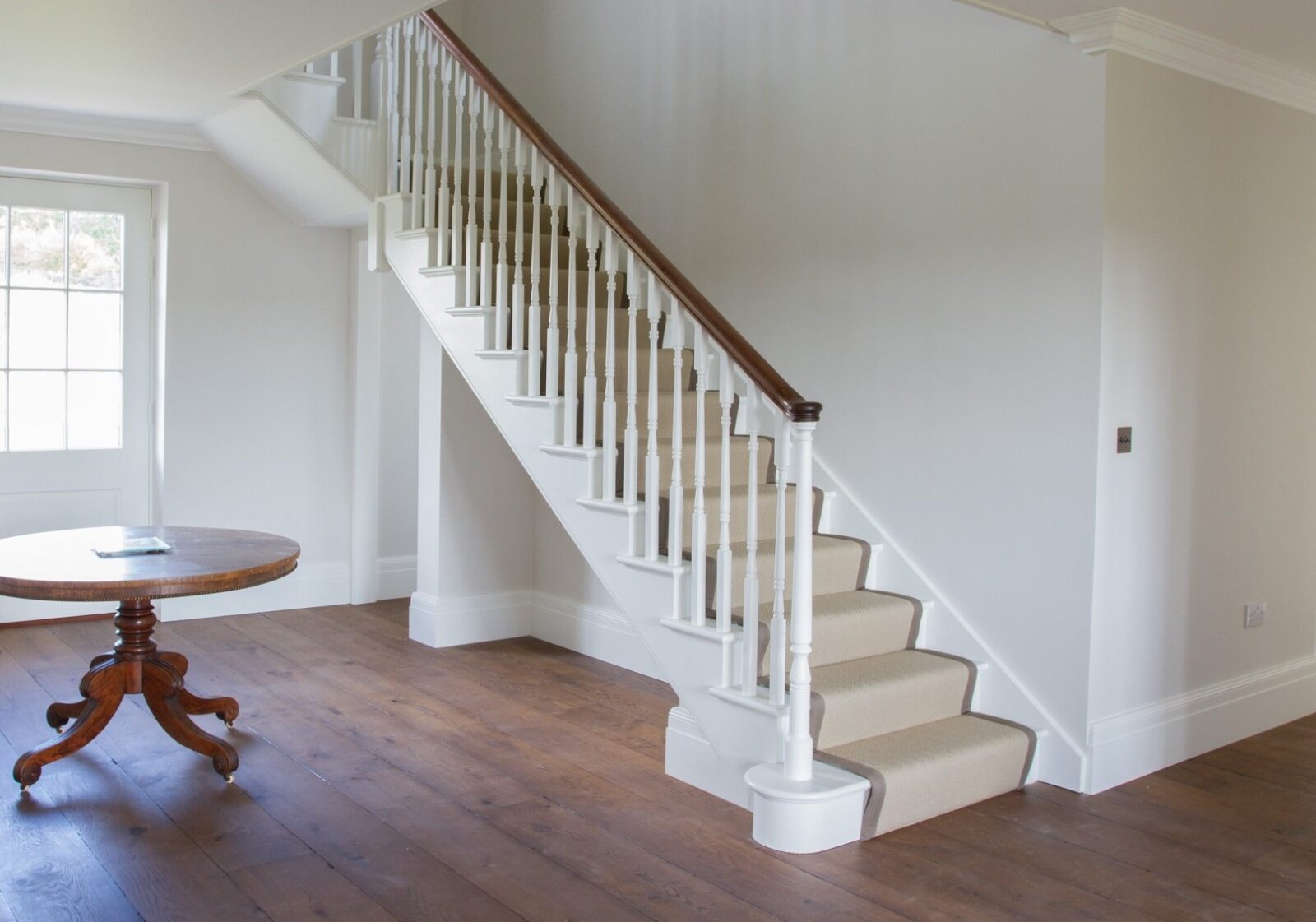
Insured
Facing the right direction
Not covered in butter
Well lit
What should you do if you notice the cable or wiring to an electrical appliance has become frayed?
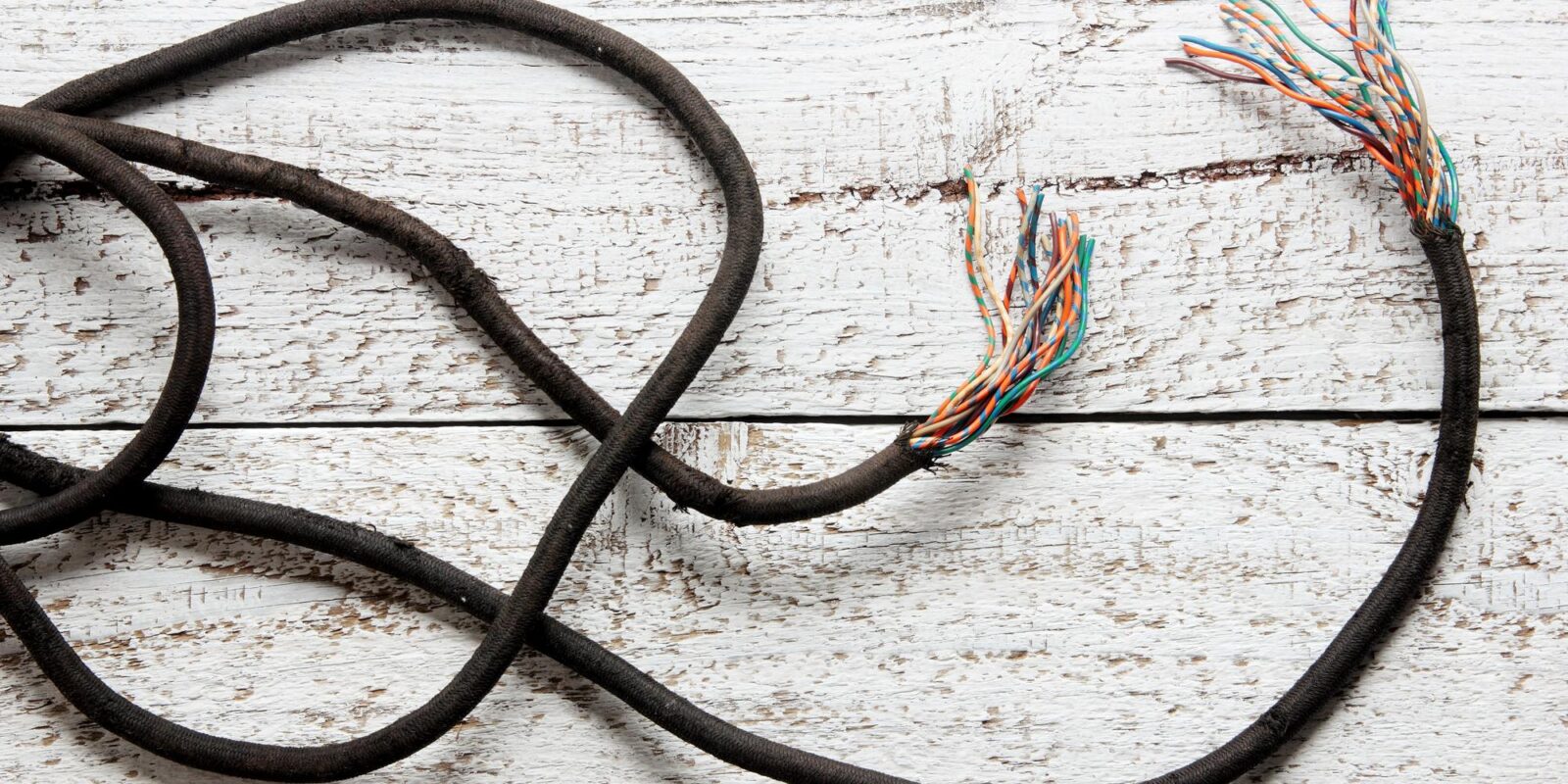
Unplug the unit and fix the cable immediately
Wrap duct tape around the cable
Ignore the problem
Fix the cable within the next 1-2 weeks
Where should electrical wiring and cables NOT be placed in the home?
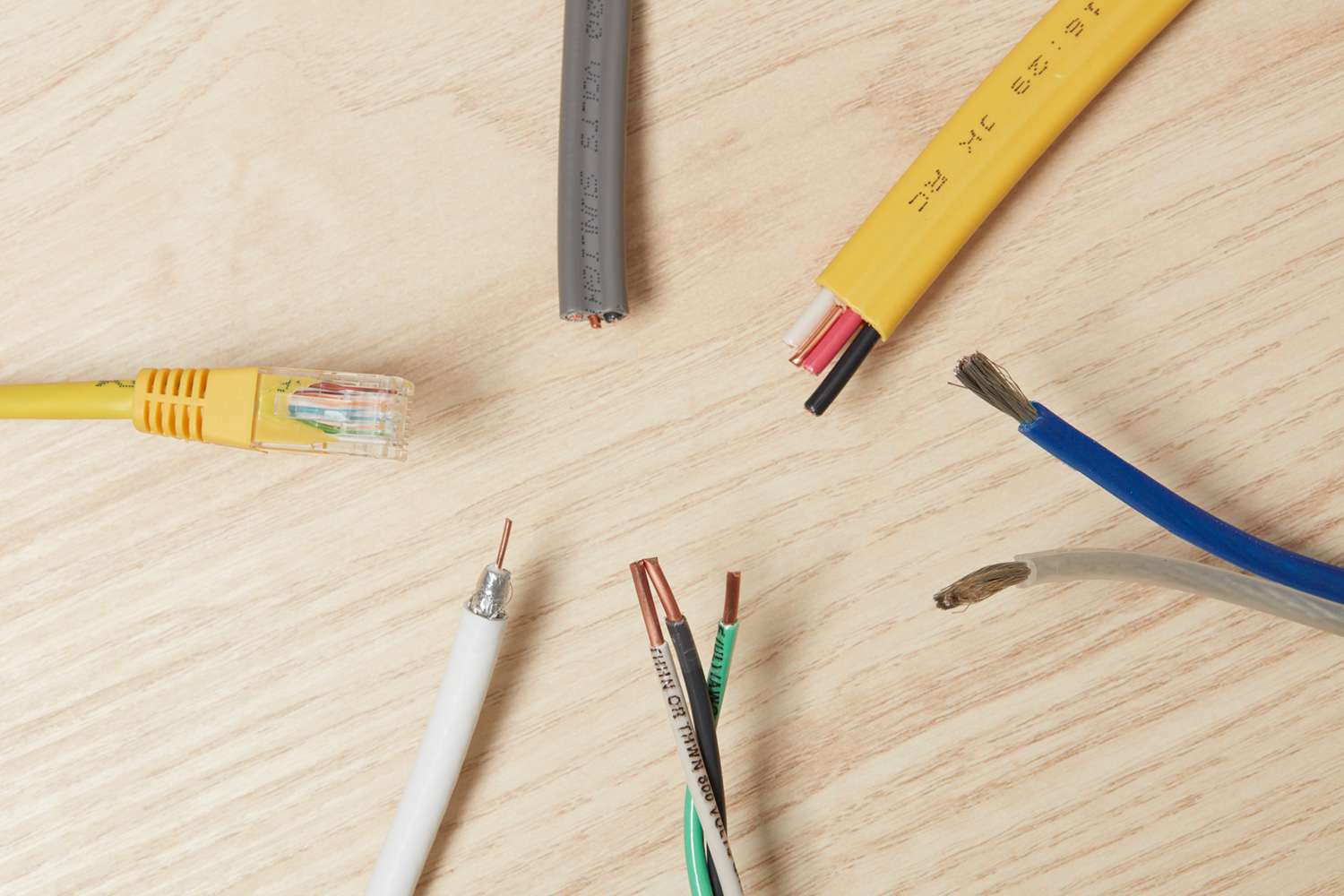
All of these
Near water
Across doorways
Under rugs
If you have toddlers or small children in the home, what can you place in front of electrical outlets to keep them safe?
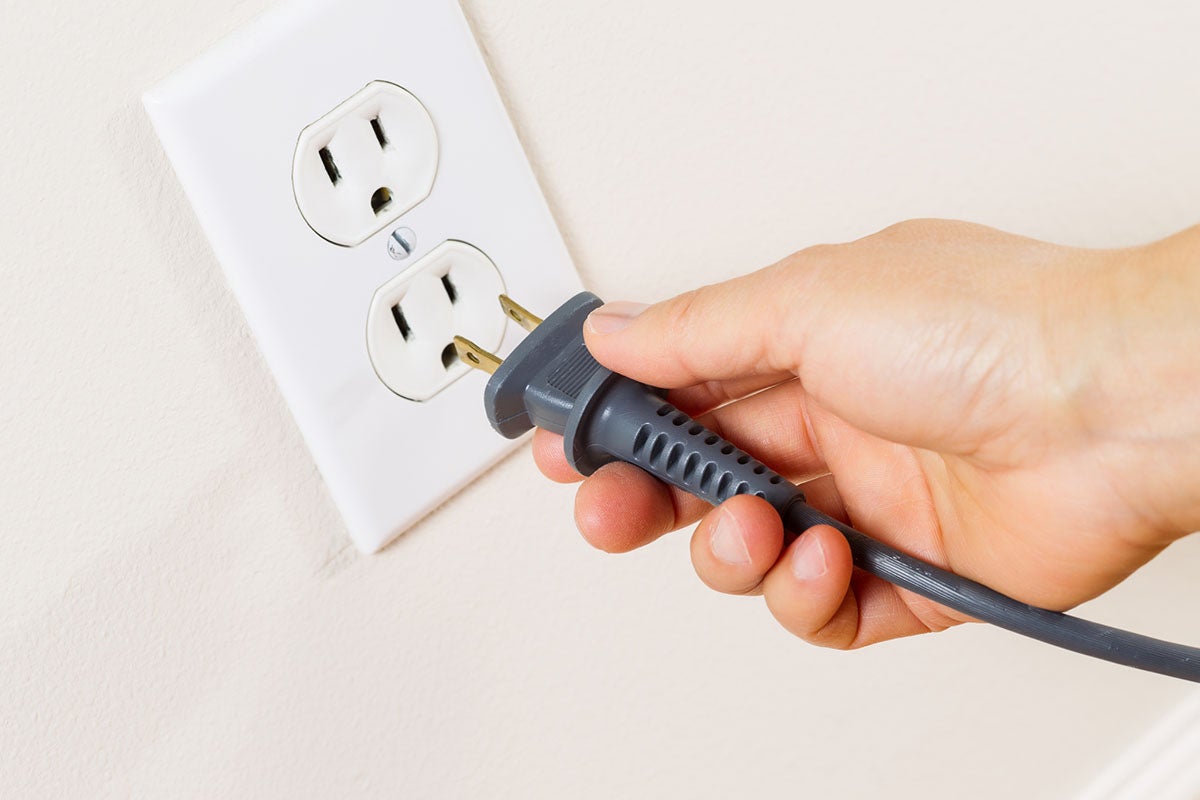
A fork
Stuffed animals
A sign that reads "Don't touch this"
Plastic safety covers
What should you do if you feel that an electrical outlet is warm?
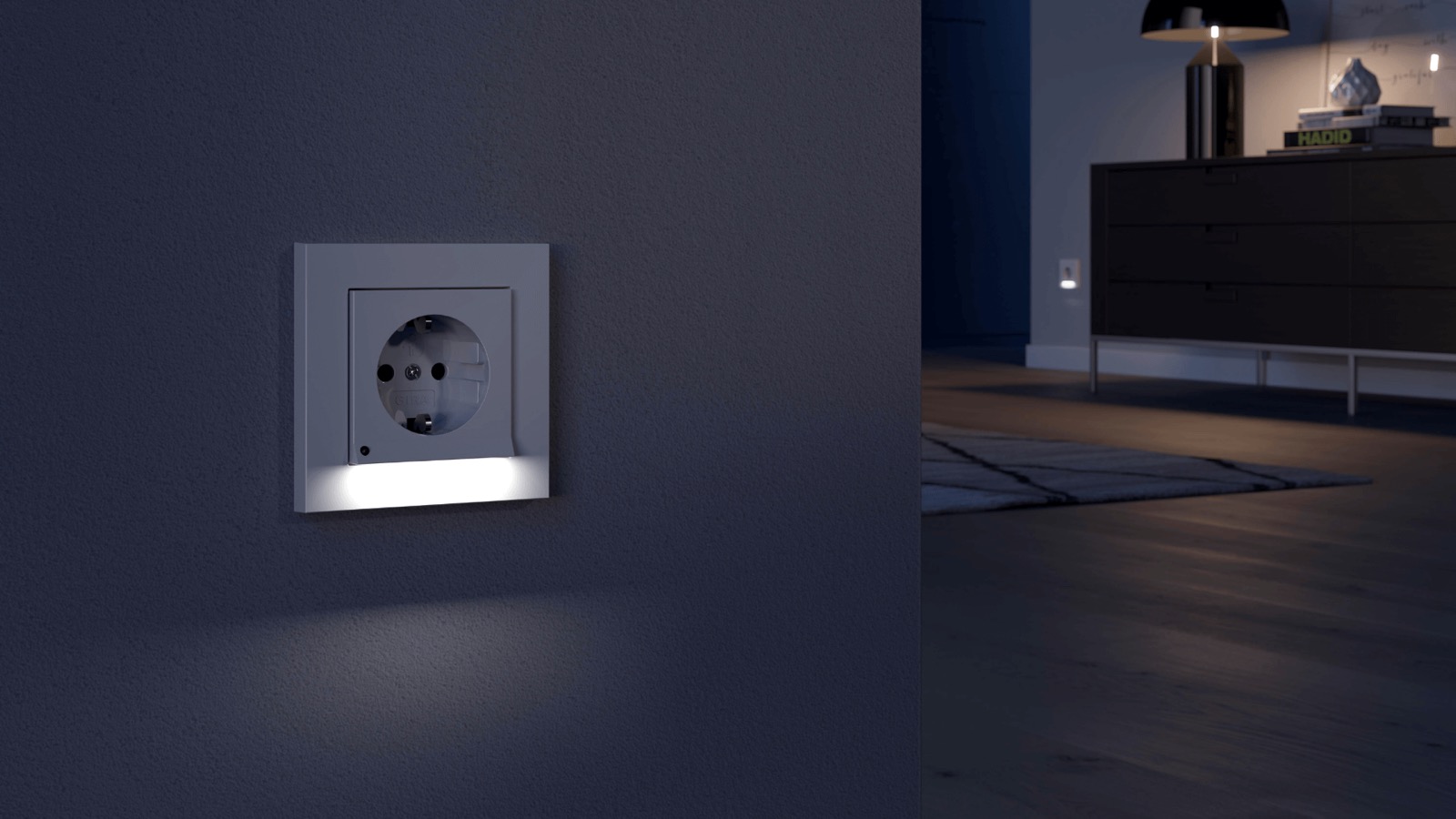
Rub ice on it
Plug more appliances into it
Call an electrician to check it out
Do nothing
How often should you change the battery in your smoke detector? (Assuming you don't have a 10-year non-replaceable battery).
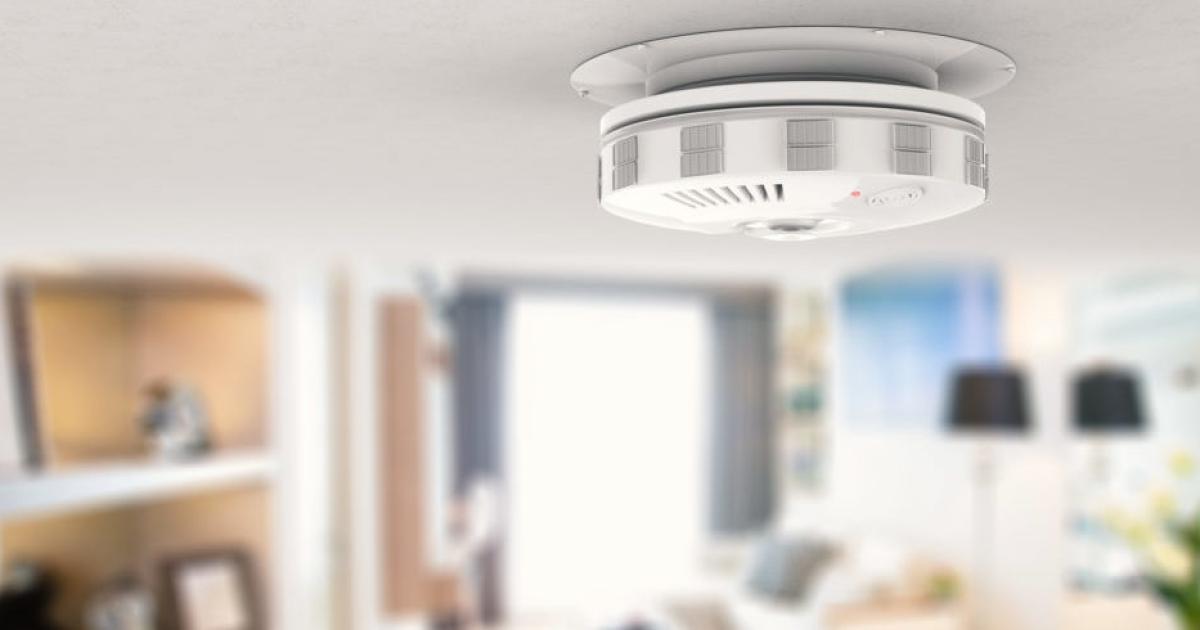
Every five years
Every year or more frequent
Before you plan to start any fires
Every two years

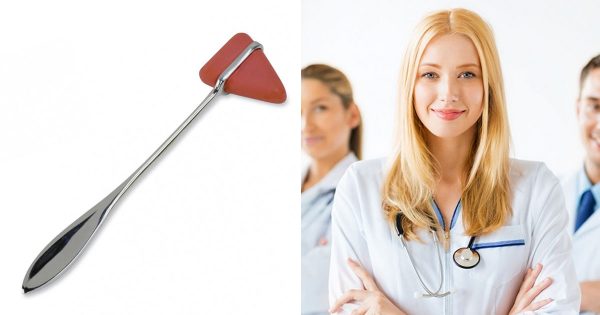


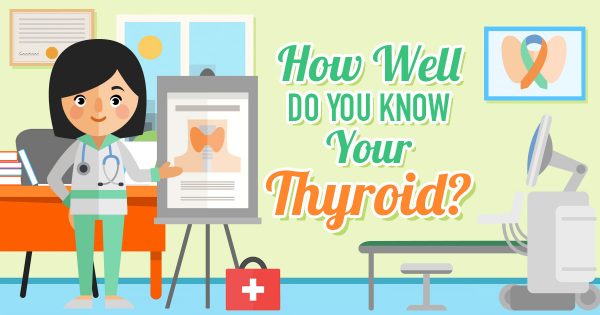


6 Comments
15/15
I got less than everyone, 10/15, mostly because I didn’t read the questions carefully
15/15
15 / 15 100%
14/15. Here in Britain, safety rules are ultra strict.
15/15!!